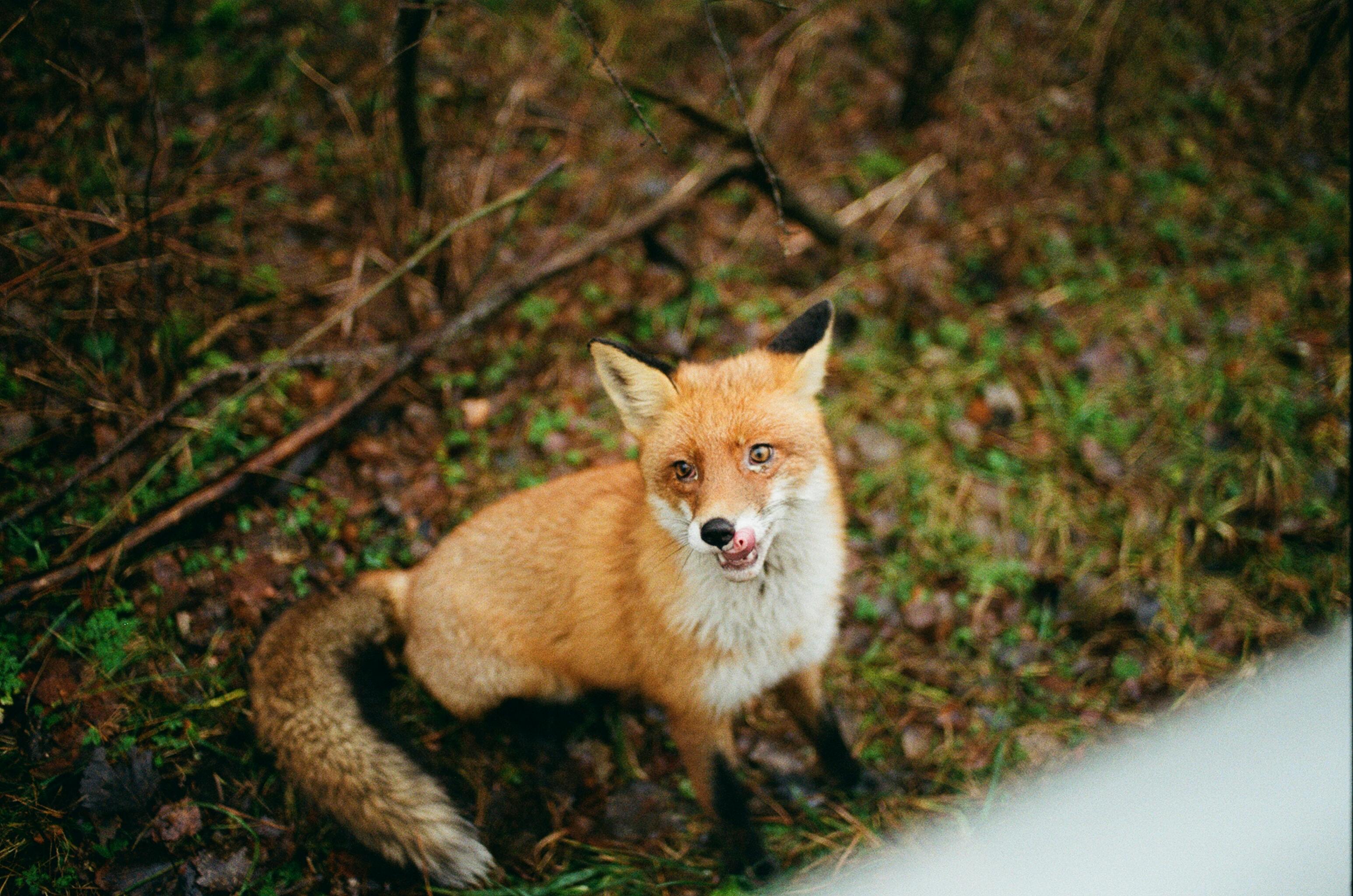Smart Ways to Improve Your Dog's Bad Breath in 2025: Proven Tips!

How to Effectively Get Rid of Bad Dog Breath in 2025
Bad dog breath can be more than just an unpleasant nuisance; it can signal underlying health issues or poor dental hygiene. In this article, we'll explore practical solutions and preventative measures to **freshen dog breath** for your beloved pet. Enhancing your dog's oral hygiene is not only essential for their comfort but also promotes overall health.
Understanding the Causes of Bad Dog Breath
To effectively tackle bad dog breath, it's crucial first to understand its causes. **Dog breath** can often be traced back to dental issues, which frequently arise from poor oral care and inadequate chewing. Bacteria build up on teeth, leading to plaque and tartar, which produce foul odors. Other factors include diet, health conditions, and infrequent vet check-ups. For instance, a high-protein diet could exacerbate mouth odor if not countered with proper **dog dental care**. Regular evaluations by a vet can uncover serious dog health issues associated with chronic bad breath.
Signs of Bad Breath in Dogs
Identifying early signs of bad breath can help in preventing further dental complications. Pay attention to your dog’s mouth odor and watch for behaviors indicating discomfort, such as reluctance to eat or chews. Additionally, check for any visible dental plaque in dogs or addresses concerning gum inflammation. These symptoms could signify **periodontal disease** or **dental plaque** buildup, demands immediate attention and better **dog oral hygiene** practices.
The Importance of Regular Vet Check-Ups
Regular vet visits play a pivotal role in maintaining your dog's dental health. A vet can provide professional cleaning and identify early signs of **dog dental problems** before they escalate. These check-ups include deep cleaning and examinations to ensure your pup's mouth remains healthy. Integrating vet recommendations into your routine strengthens overall **pet dental health** and solidifies prevention strategies against **bad dog breath**.
High-Quality Dog Food and Breath Hygiene
The food you provide significantly affects your dog’s breath. Certain dog foods can lead to more **mouth odor in dogs**, especially those high in protein without effective dental care measures. Understanding the relationship between diet and dog breath is integral in selecting the best food options. Look for **dental diets for dogs** that specifically help combat plaque buildup and are designed to promote oral health while contributing positively to breath quality.
Effective Bad Dog Breath Remedies
Now that we've discussed the factors contributing to bad dog breath, let's explore remedies. There are numerous **dog breath treatments** available that cater to various needs — pet dental care products, home remedies, and lifestyle adjustments. Implementing a combination of these strategies can drastically improve your dog's breath.
Naturally Freshen Dog Breath
Natural remedies emerge as a viable option to eliminate odors. **Homemade dog treats** with additives such as parsley, baking soda, or coconut oil can offer breath-freshening benefits. Moreover, natural dog breath fresheners, such as dog-safe peppermint oil, can significantly reduce **mouth odor** without harmful effects. These solutions are cost-effective and can be easily made at home, showcasing the effectiveness of holistic approaches to pet oral health.
Brushing Dog Teeth and Dental Toys
A crucial step in **preventing bad breath in dogs** is to incorporate routine teeth cleaning for dogs. Regular brushing using vet-recommended toothpaste not only fights bacteria but also establishes a good habit for both dog and owner. Complement brushing with **dental toys for dogs**, which are designed to entertain while cleaning. Chewing on these toys helps mechanically remove plaque, providing dual benefits and promoting **health benefits of dog dental care**.
Utilizing Dental Chews and Mouthwash
Integrating **dental chews for dogs** into their diet can greatly assist in reducing foul breath. These chews often contain antibacterial properties to combat the growth of harmful bacteria in the mouth. Additionally, consider using a **dog mouthwash** designed to neutralize odors. This easy-to-administer solution can be a part of your pet care routine, offering significant improvement in breath quality without much effort.
Prevention: Long-Term Care for Dog Breath
Preventative care is key to ensuring your dog maintains fresh breath. By focusing on proper dental hygiene practices, you can set your furry friend up for success in overcoming and avoiding bad breath the future.
Establishing a Brushing Routine
Creating a brushing schedule helps prevent **tartar buildup** and reduces bad breath risks. A consistent approach to brushing dog teeth at least several times a week can significantly enhance **dog oral hygiene** over time. Begin slowly, ensuring your pet gets comfortable with the process. Incorporate positive reinforcement and gradually introduce toothbrushes with flavored toothpaste designed for dogs.
Hydration's Role in Oral Health
Proper hydration is essential for overall health and plays a critical role in maintaining healthy dog gums. Make sure your furry friend has access to fresh and clean water throughout the day. This encourages salivation, which helps wash away food particles and bacteria that can lead to **mouth odor in dogs**. Discussing proper hydration techniques with your vet will further enhance your dog’s **dental health** practices.
Maintaining Ideal Dog Weight
Overweight pets may experience various health issues, including those related to oral health. Ensure your dog’s weight management aligns with their overall health plan and address concerns about diet, exercise, and oral care with your veterinarian. A healthy body translates to enhanced dental welfare, lower chances of periodontal disease, and ultimately, **avoiding bad breath**.
Key Takeaways
- Regular vet check-ups are essential in identifying and preventing dog dental issues.
- Natural remedies, like parsley and baking soda, can freshen dog breath effectively.
- A brushing routine and the incorporation of dental toys can prevent tartar buildup.
- Hydration contributes significantly to **dog oral hygiene** and fresher breath.
- Proper weight management and healthy dog food choices are critical in maintaining oral health.
FAQ
1. What are the most common causes of dog breath?
The common causes of dog breath include plaque buildup, food choices, and dental diseases. Bacterial growth in their mouths often intensifies noticeable odors. Poor oral care and skipping vet visits can lead to ignored dental issues, exacerbating bad breath.
2. How can I freshen my dog’s breath naturally?
Some popular natural remedies to freshen dog breath are using fresh parsley, adding a sprinkle of baking soda to dog food, or offering dog-friendly, homemade treats packed with odor-neutralizing ingredients. These approaches offer an economical and safe solution to bad breath.
3. How often should I brush my dog’s teeth?
Ideally, dogs should have their teeth brushed at least two to three times a week, but daily brushing is optimal for preventing **dog dental problems**. Regular brushing contributes to better overall oral hygiene and improved breath.
4. Can diet affect my dog’s breath?
Absolutely! A high-protein, low-hydration diet can lead to an increase in bacteria and a subsequent increase in bad breath. Selecting high-quality dog foods specifically designed for dental health can significantly address breath-related issues.
5. When should I consult a veterinarian for my dog's bad breath?
If your dog's breath has suddenly become foul and has not improved with at-home maintenance, it's essential to consult a veterinarian. This could be a sign of serious underlying health issues such as infections or dental disease that requires professional treatment.
6. Are there any breath freshening sprays for dogs?
Yes, there are many **breath freshening sprays** available that are specially formulated for pets. These products can be applied easily and help neutralize odors, contributing positively to your dog's overall breath freshness.
7. What are some dental products recommended for dogs?
Vets often recommend enzymatic toothpaste, dental chews, and specialized dog mouthwash as excellent products to promote dog oral care. These tools assist in maintaining oral health while preventing dog dental issues and bad breath.
By applying consistent dental care practices, choosing the right food, and being attentive to your dog's oral health, you can effectively keep **bad dog breath** at bay and ensure their long-term well-being.

